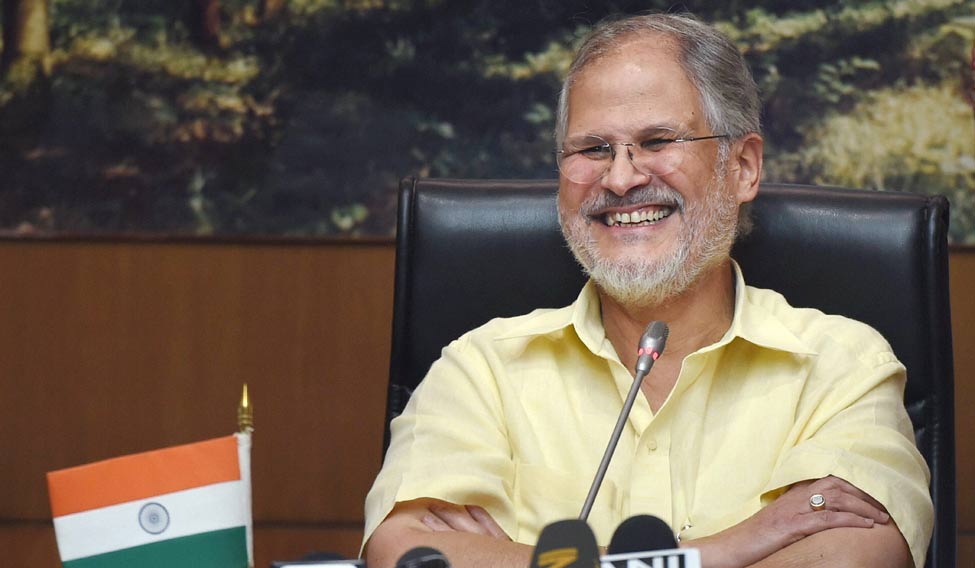Lt Governor Najeeb Jung, after the Delhi High Court’s order that made it clear that he is the real boss in the capital, held up the Constitution as he addressed a press conference, and asserted that he was under oath to protect it.
The High Court, interpreting the Constitution and the relevant sections, has in fact made it clear that the LG, who administers the Union territory of Delhi, has greater powers than that of a governor of a full state, and he is not bound to act as per the aid and advice of the council of ministers.
Interpreting Articles 239 and 239AA, which deal with the special status given to Delhi to have an elected Assembly despite being a Union territory, the court said that the council of ministers, with the chief minister at the head, aid and advise the LG in the exercise of his functions. In the event of a difference of opinion between the LG and the ministers, the LG shall refer it to the President for decision, pending which, if he deems it urgent, he can issue a direction as he deems necessary. It also said that the LG was not bound to act as per the “aid and advice” of the council of ministers.
The court said it was unable to accept the Delhi government’s contention that the LG was bound to the aid and advice of the council of ministers. It stated that the scope of “aid and advice” in Article 239AA(4) of the Constitution is not comparable to the scope of “aid and advice” received by the governor of a state under Article 163.
In terms of Article 163, the governor has to act on the aid and advice of the council of ministers except in matters where he is constitutionally required to exercise his discretion. However, as per Article 239AA, the council of ministers aid and advise the LG in exercise of his functions in relation to matters with respect to which the legislative Assembly has power to make laws, except in so far as he is, by or under any law, required to act in his discretion.
The court’s order, elaborating on the executive powers of the LG of Delhi, said the discretion provided is wider than the discretion that may be exercised by the governor of a state under Article 163(1). The LG while exercising such powers and discharging such functions which “any law” requires to be done “in his discretion” acts on his own judgment without seeking the aid and advice of the ministers.
“To put it briefly, what the Governor of a state may do at his discretion must be so provided for by the Constitution. What the Lt Governor of NCT of Delhi may do at his discretion may be provided by or under 'any law' and not the Constitution merely,” the court said in its order.
The order followed from hearing in nine cases that dealt with the dispute between the Delhi government and the Centre over demarcation of powers. It began with the AAP government approaching the High Court last year, challenging two central notifications that gave the LG supreme discretion in appointing bureaucrats in the capital and stated that the Anti Corruption Bureau of Delhi could not pursue cases against officials and other functionaries in the central government.





